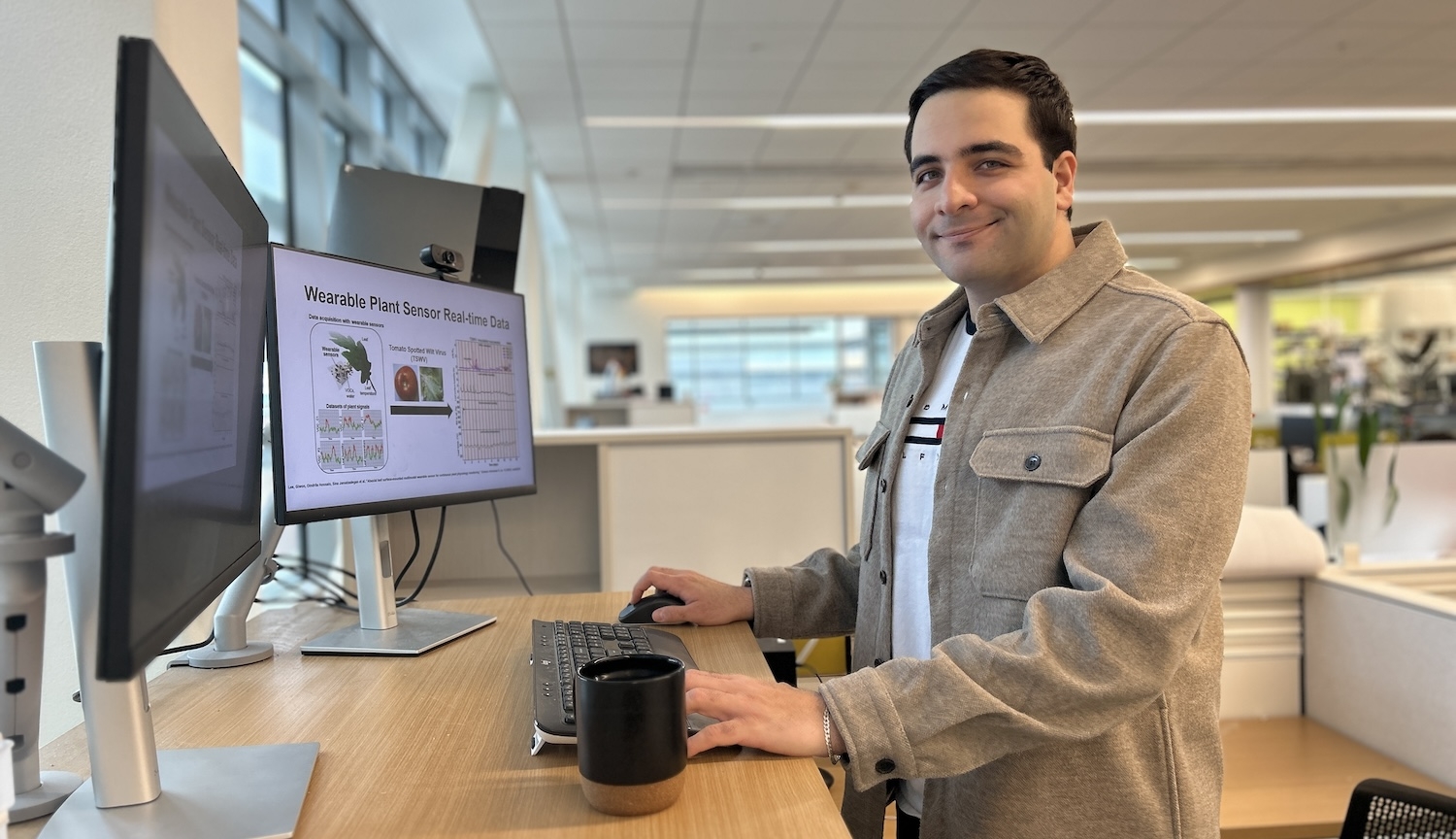Lilian Hsiao, assistant professor of chemical engineering, is a 2022 recipient of the Camille Dreyfus Teacher-Scholar Award from the Camille and Henry Dreyfus Foundation, Inc. This award is a significant achievement designed to financially support the research of junior faculty members who are excelling in their field.
Hsiao joined the department in 2016 after obtaining her doctorate in chemical engineering from the University of Michigan and performing two years of postdoctoral work at the Massachusetts Institute of Technology.
Sindee Simon, CBE department head, says Hsiao “is performing at the highest levels in all aspects of academic life, scholarship and research, mentoring and teaching, and service and outreach. She is extremely creative, committed to the highest standards and has already established herself as a leader and rising star in soft haptic materials, colloids, particulate suspensions, and hydrogels.”
Hsiao is considered one of the top young leaders in the field of soft matter. Her research expertise is in the area of colloid and surface science, with a current project portfolio that includes the rheology of anisotropic particulates, the self-assembly of functional colloids and the friction of soft materials. In addition to her work in colloids, Hsiao has established herself as a leader in the emerging area of haptic materials, particularly with respect to the frictional forces of non-ideal interfaces. Hsiao started working in this area at NC State, and in only a few years has made notable contributions to the understanding of the structure-properties of these complex interfaces.
Hsiao has received several awards, including the Sloan Research Fellowship, which, like Camille Dreyfus Teacher-Scholar Award, is awarded to early career professors to support research. She has also received the American Chemical Society Unilever Award, a CAREER Award from the National Science Foundation and the Marion Milligan Mason Award from the AAAS.
Hsiao and her group will use chemical and physical principles at the microscale to engineer intelligent materials that can both sense and alter tactile forces. She says looks forward to applying the research funds to “push the boundaries of chemical transport phenomena, through nanocolloidal science and soft matter mechanics that have direct relevance to haptic materials.”
This post was originally published in the Department of Chemical and Biomolecular Engineering.
- Categories:



